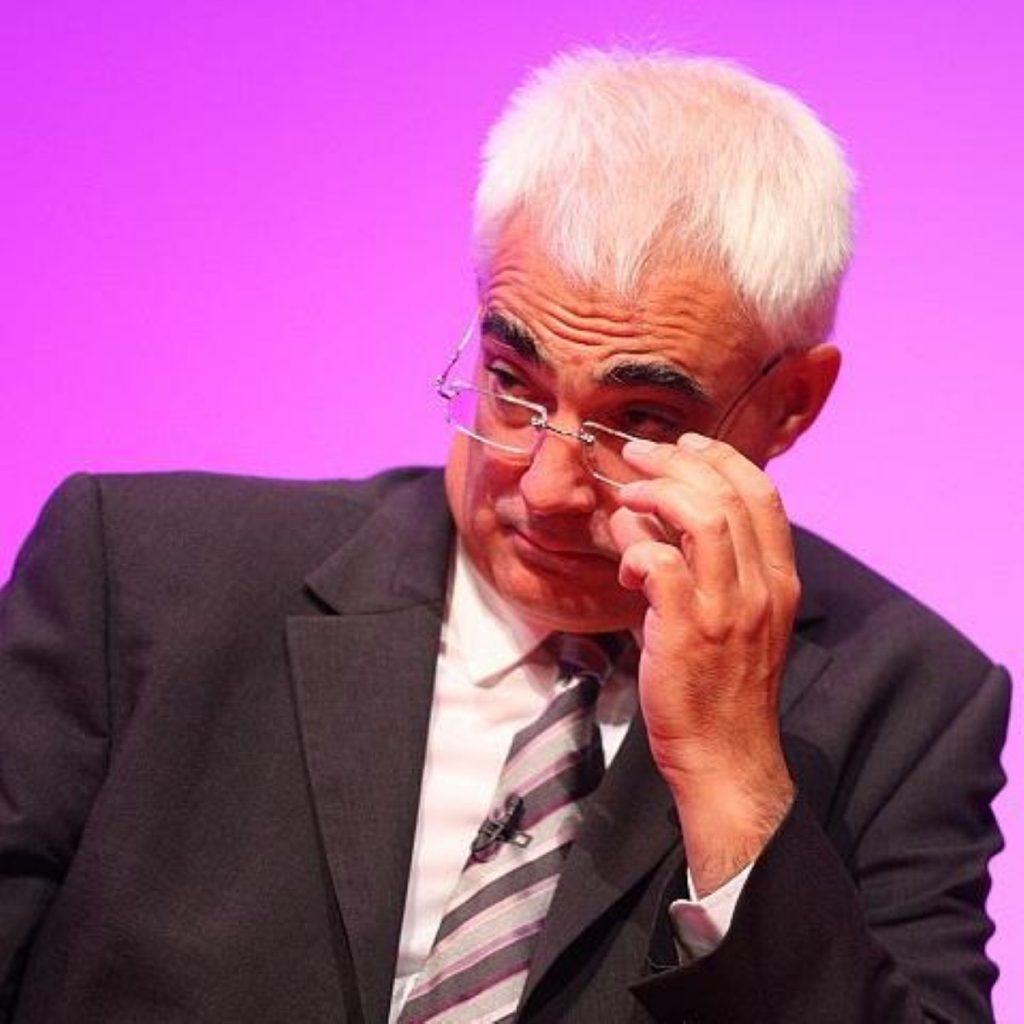Darling unveils banking reform
By Alex Stevenson
Alistair Darling has laid out plans to strengthen regulation of the banking sector in a much-expected white paper, but the Tories have dismissed it as “totally inadequate”.
The chancellor told the Commons the Financial Services Authority (FSA) watchdog would be given a statutory duty to preserve stability in the sector.
He said the tripartite system of regulation between the Treasury, the Bank of England and the FSA would be reinforced through the creation of a Council for Financial Stability.


“This will not just deal with immediate issues, but also monitor system-wide financial stability and respond to long-term risks as they emerge,” he said.
Mr Darling revealed plans to give more protection for consumers by providing free impartial financial advice through a national money guidance service and improving arrangements for depositor protection.
And he emphasised the importance of dealing with the issue at an international level, pledging to work with other G20 countries to create an “international mechanism” for large multinational banks.
Mr Darling was reluctant to admit any responsibility by the government for the current recession, a result of the excesses which built up in the banking system.
But he acknowledged: “Some of the global problems of the past two years went beyond the scope of existing regulation. Others were simply not given sufficient attention by regulators and central banks.”
Shadow chancellor George Osborne, who dismissed the white paper as “more of a white flag”, described Mr Darling’s plans as “a totally inadequate response to what has happened over the last two years”.
He blamed the “arrogant decision” of then-chancellor Gordon Brown to give the Bank of England independence for much of the difficulty, saying “no one was responsible” for liquidity or systemic risk.
Mr Osborne was especially critical of the Council for Financial Stability. “I thought that’s what the tripartite system was supposed to do all along,” he said.
The Tories plan on ending the Bank’s independence while strengthening the financial services watchdog by giving it the “power and clout to protect consumers”.
The Liberal Democrats’ Treasury spokesperson Vince Cable also appeared unimpressed by the lack of real change in the white paper, saying much had been left to the next government to decide.
“One does rather get the feeling this is a living will for the chancellor,” he said.
Today’s white paper addressed the bonus culture problem blamed by many outside the City for the collapse of the system in the last two years.
Mr Darling told the Commons that a “change of culture in the banks and their boardrooms” was needed, “with pay practices that are focused on long-term stability and not short-term profit”.
The FSA will be required to report every year on how financial institutions are complying with their new code of practice for remuneration.

